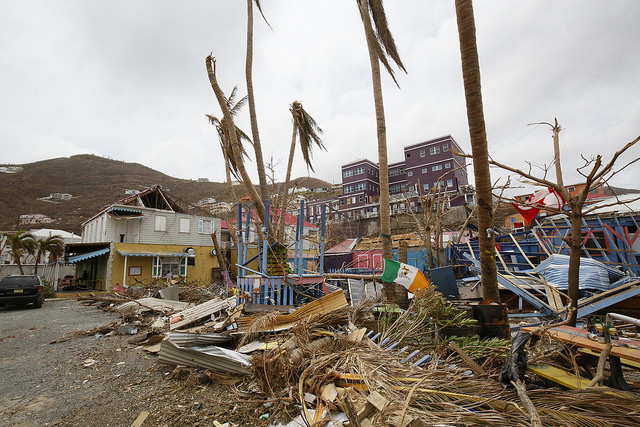Too much of something is bad enough. This adage applies to anything and everything, including media consumption, especially that of the worst kind, like hurricane updates. Studies show that consuming too much pre-storm news has psychological risks.
In a study published in JAMA Network Open, researchers from the University of California Irvine found out that those who watched or read too much media coverage ahead of a storm's landfall were at risk of developing negative mental health after the storm has passed. Too much consumption of disaster-related media affects the connection between predicted post-traumatic stress symptoms and psychological outcomes in the aftermath of a hurricane.
Researchers came upon this finding through a phone survey of 1,500 residents of Florida in the path of Hurricane Irma and between the ages 18 and 91 in the hours before the storm made landfall. They asked the subjects to predict their future emotional responses to the storm ahead of its arrival. The researchers then tested them for signs of functional impairment, post-traumatic stress, and psychological distress, a month after the storm wreak havoc on homes and establishments. Only 90 percent of the subjects responded. They were also asked to report how many hours of media coverage, (either by radio, print, online news, social media, or television) they had during and immediately after the storm.
The results showed that those who were heavier media consumers and had a negative outlook on how the hurricane would affect them experienced worse psychological effects afterward. Roxane Cohen Silver, professor of psychological science and co-author of the study, said that those who repeatedly watched updates on the hurricane before its landfall were "repeatedly ruminating or feeling anxious in the aftermath" They experienced post-traumatic stress symptoms regardless of whether the hurricane spared their homes. The stress is not "full-blown" or comparable to those exhibited by people who go to war but can result in psychological problems over time.
The research highlights how media coverage can exacerbate mental health problems of those under a hurricane threat through "sensationalized" coverage. It is not wrong to stay updated on potentially dangerous situations, but the way the media describes the situation can have potential psychological risks afterward.
One takeaway from the research is being mindful of the extent of media exposure to safeguard mental health in the process. Too much exposure to bad news and becoming too immersed in it can have adverse psychological effects.






